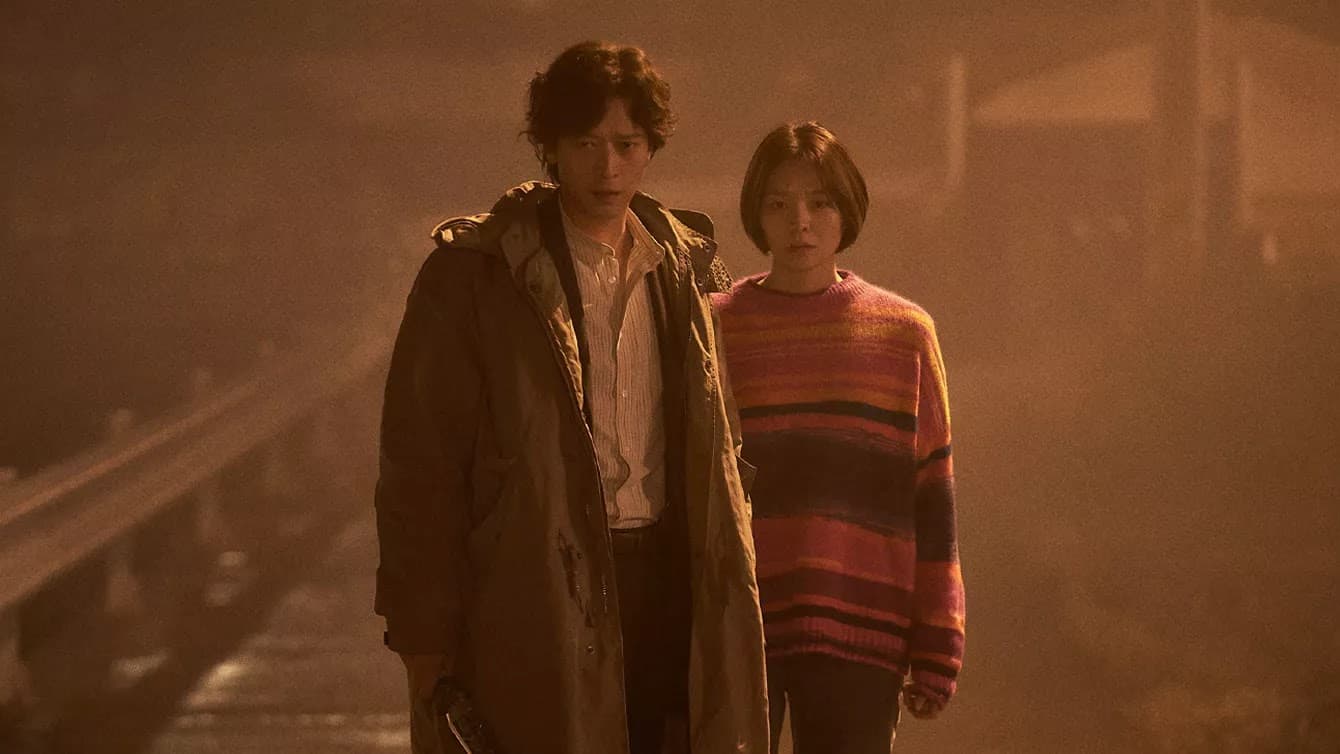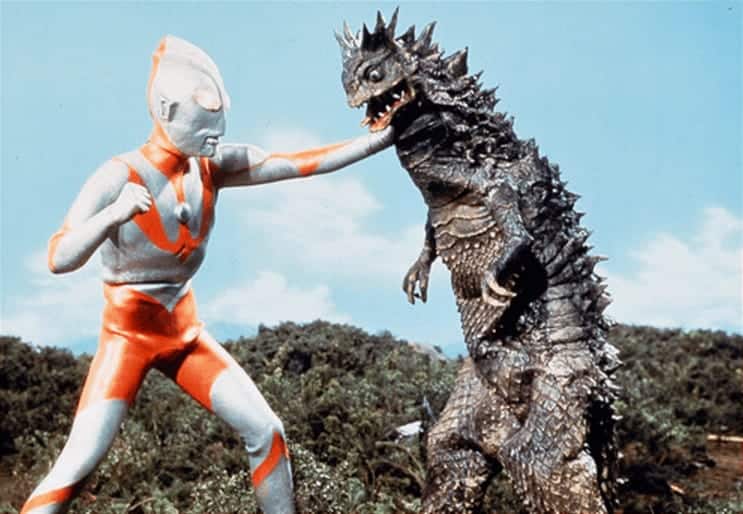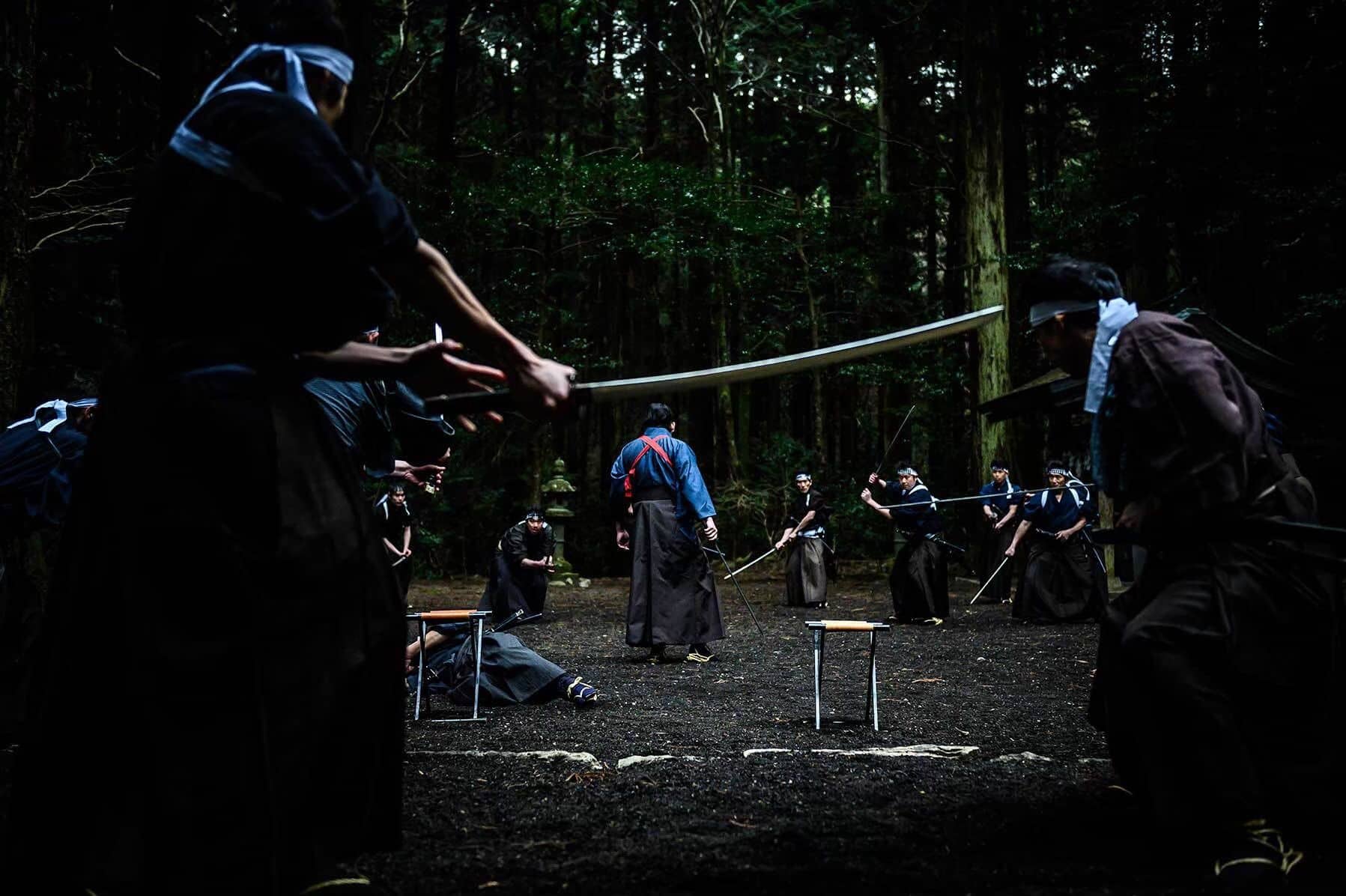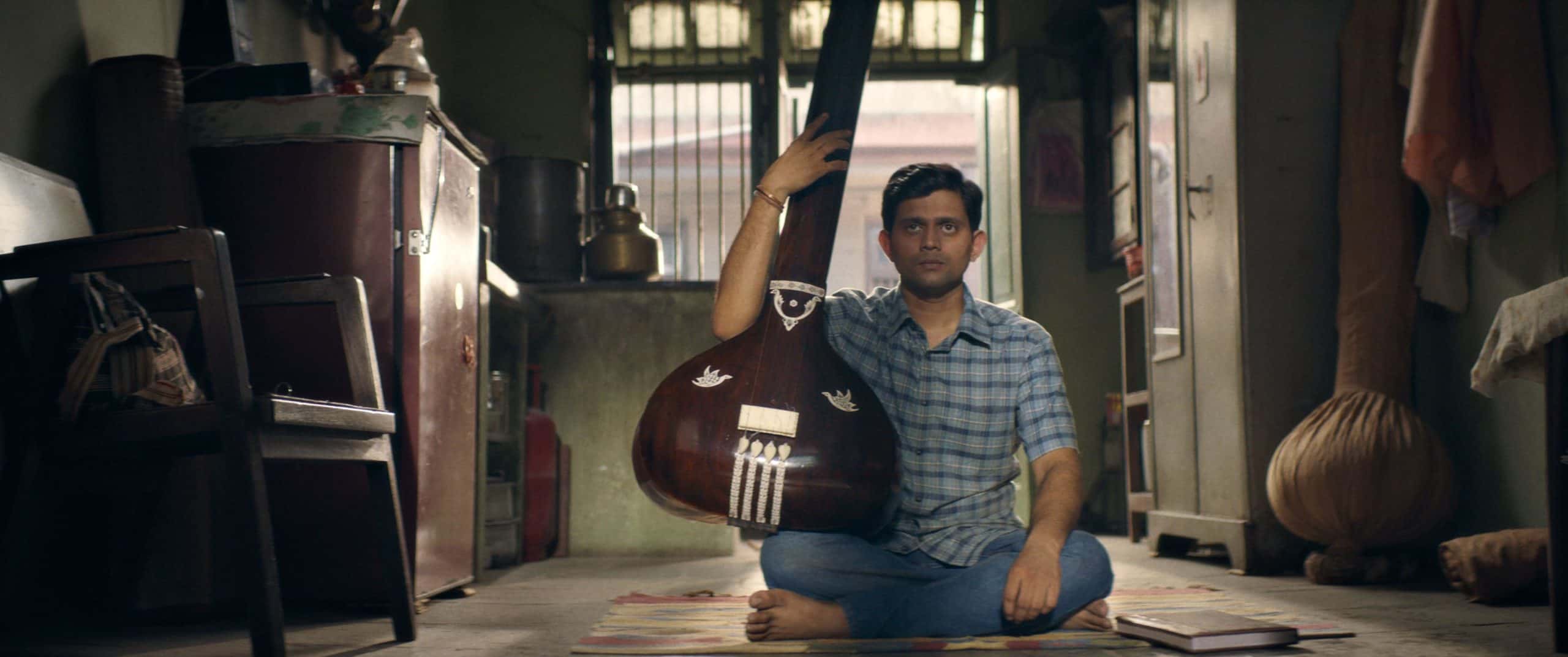As the eyes of the world turned away from the Olympic Summer Games 1964 in Tokyo, empty stadiums remained and little attention was given to the second Paralympic Games ever that were held only a few days after the Olympic Games. Kimio Watanabe's documentary “Tokyo Paralympics: The Festival of Love and Glory” is one of six, and only one out of the two preserved films that give an account of that event. This very rare piece of history was long-forgotten and was recently discovered and shown to the public.
Tokyo Paralympics is screening at Japan Society (currently postponed)

Due to a lack of funding, the event itself was on the edge and so was the media coverage. The one-long documentary is therefore an important visual record, which allows insights into Japanese society at that time. Watanabe follows a rather humanitarian path and gives a voice to the unheard athletes, who are able to articulate their discrimination. Narrated by Jukichi Uno (“Onibaba” 1964) we are introduced to the different reasons for disability, many rooted in phenomenons of our modern world such as war, traffic and work accidents. The message here is: Nobody can be assured of his health and we are also responsible to take care for people.
As the documentary continues, we get to know a young woman who had an accident and is bound to a wheelchair ever since. Via interviews, the athletes talk about their fates and immense suffering. Different from the well-known Olympic film “Tokyo Olympiad” by Kon Ichikawa, the focus is more on the personal experience of the competitors and how the sport impacted them. Emotional stability, hope and self-confidence are part of the healing effects that many of the disabled athletes talk about. Besides, there are also statements from Ludwig Guttmann (founder of the Paralympics), and Crown Prince Hirohito, who attended the Opening Ceremony.
Kon Ichikawa tried to uplift the athletes as a kind of super-humans competing in an international spectacle. Military drill, discipline and the theatrical presentation of human anatomy are the core elements of “Tokyo Olympiad”. Watanabe's film is not so strict, gives space to things outside the big sports circus. He cares for social topics by comparing the Japanese with the European Health Care System, and the way people with disabilities are treated unfairly in Japan. “Tokyo Paralympics” calls for equality and devotes one half of its runtime to the personal matters of the athletes. The Paralympic Games are portrayed much more as a place of exchange of philosophies and motivation among the participants.
The style is back to Kon Ichikawa's technique of fragmented representation of reality. Not surprising since Kimio Watanabe used to be a cinematographer on Ichikawa's “Bridge of Japan” (1954). Detailed shots of wheelchairs and a storytelling that is not about the dramatic or the result of a match itself, but more about the little things. The lively soundtrack is composed by Dan Ikuma, who is mostly known for his work on the Samurai Trilogy (1954-1956).
“Tokyo Paralympics” is about understanding and appreciating the lives of people who are marginalized by the ruling factors of society. Kimio Watanabe appeals to the human soul and calls for a better integration of disabled people. His ultimate pray for mutual help entails the Olympic spirit as its best.















